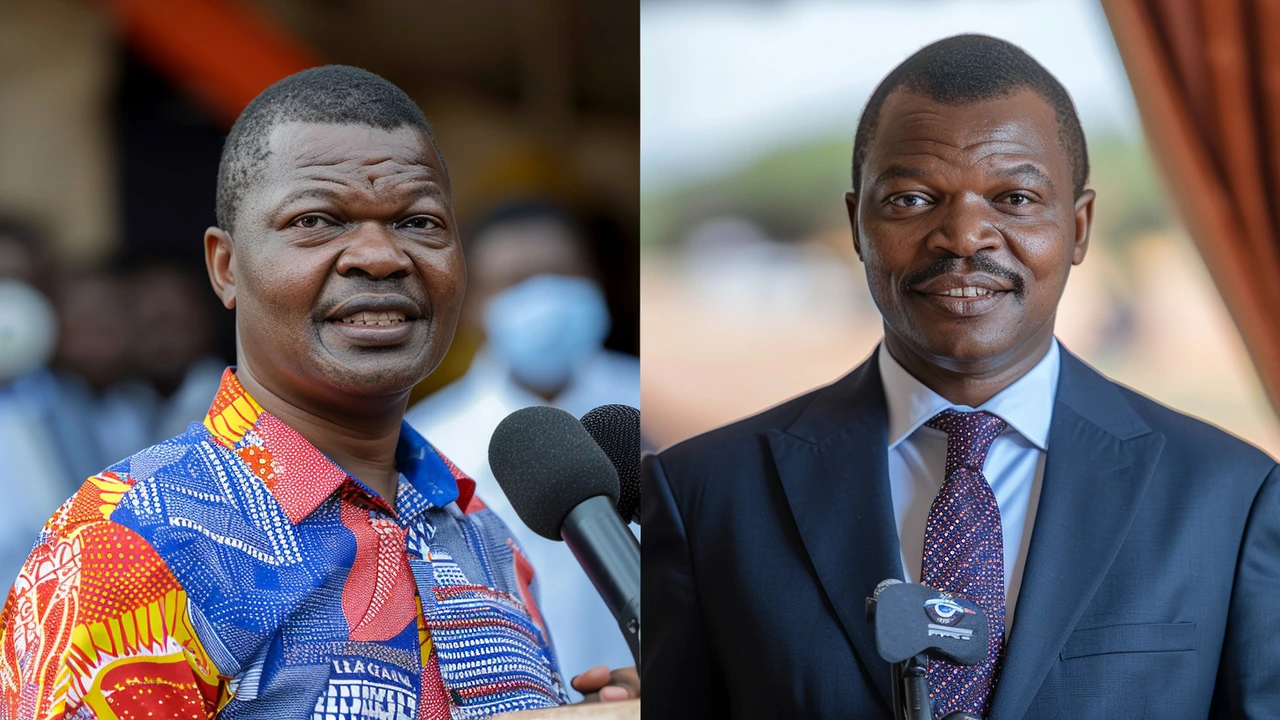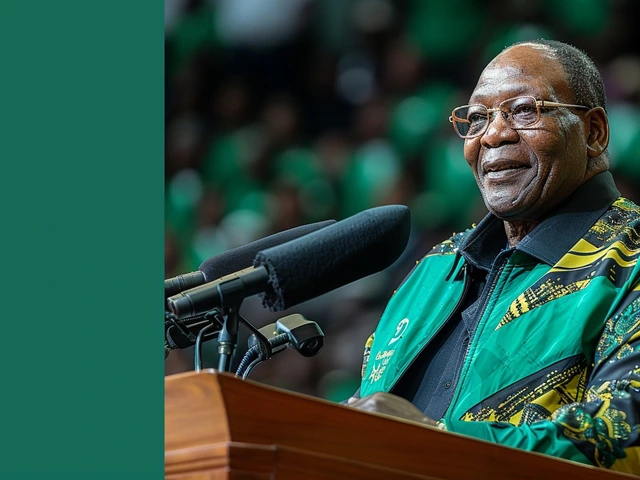Abduction: Clear steps to stay safe and act fast
Abduction happens in different forms — child abduction, criminal kidnapping for ransom, or politically motivated detention. Whatever the case, quick, calm action helps. This guide gives practical steps you can use right away, simple prevention tips, and where to get help across Africa.
What to do immediately if someone is taken
If you witness an abduction or learn someone is missing, act fast but stay safe. First, call local emergency services or the nearest police station. If the person has a phone, try calling or using location-sharing apps. Save every message, screenshot chats, record time stamps, and note last known location.
Do not post detailed information about the incident on social media. Public posts can endanger the victim or spoil police operations. Share only with close family and trusted contacts who can help with searches or information gathering.
Ask witnesses for clear details: vehicle make, model, colour, licence plate, direction of travel, clothing, and any speech or accents. If security cameras or shops are nearby, request footage quickly — video is often the most useful evidence.
How to report and coordinate help
Report the abduction to local police immediately and get a case number. If the victim is a foreign national, contact their embassy or consulate — they can help liaise with authorities and offer consular support. Families should seek a lawyer experienced in kidnapping or criminal cases.
In areas with high kidnapping risk, ask police about specialised units or anti-kidnapping task forces. For politically motivated detentions, contact human rights groups such as Amnesty International or local legal aid NGOs — they often provide rapid-response resources and publicity that can help.
Consider a professional negotiator only after consulting police and legal counsel. Paying ransom can be risky and may be illegal in some places. Follow official guidance and keep negotiators coordinated with law enforcement.
Keep lines of communication open with investigators. Share bank statements, phone logs, recent photos, and the victim’s daily routines. Small details — a usual route to work, a frequent meeting spot — can point investigators to where the person might be held.
Simple prevention tips that work
Plan travel routes and avoid isolated areas at night. Use trusted transport services and agree on check-in times with family. Teach children basic safety rules: how to call an emergency number, memorise a trusted adult’s phone, and what to do if approached by a stranger.
Install location-sharing features on phones and use security apps that send alerts to chosen contacts. For businesses and schools, run clear pick-up policies and ID checks. Community vigilance matters: neighbours who watch for unusual behaviour reduce risk for everyone.
If you work as a reporter or publish details about an abduction, verify facts and protect identities where needed. Sensational coverage can harm rescue efforts and expose victims to more danger.
Abduction is terrifying, but focused, practical steps can improve outcomes. Call police, secure evidence, coordinate with consular and legal help, and use prevention habits that cut risk. If you need guidance, contact local authorities or trusted NGOs who work on victim support and legal aid.
Speaker Moses Wetangula has instructed Majority Leader Kimani Ichung'wah to liaise with Police Inspector General concerning the abduction of Gabriel Oguda. Oguda, a policy analyst, was taken in the early hours of Tuesday, sparking a social media outcry. Law Society President Faith Odhiambo has called for the immediate release of those detained.






